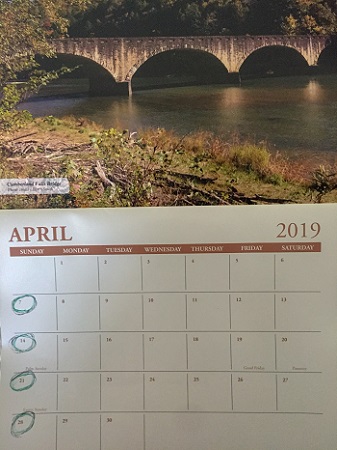Butterflies in My Stomach
 I love butterflies, don’t you? I watch for them in gardens, yards, and on walks. Their colors and the way they flutter through the air thrill me. A butterfly makes any day better. However, I don’t love butterflies in my stomach.
I love butterflies, don’t you? I watch for them in gardens, yards, and on walks. Their colors and the way they flutter through the air thrill me. A butterfly makes any day better. However, I don’t love butterflies in my stomach.
Butterflies in my stomach mean I feel nervous.
Finding butterflies brings joy. Feeling them in my stomach … not so much.
Common causes for butterflies in my stomach include:
- Public speaking
- Job interviews
- Singing or acting in public
- Tests
Feeling a little nervous can be a good thing.
It makes me:
- Prepare better
- Try harder
- Do my best
Feeling too nervous hurts my health.
It causes me to tie myself in knots, I suffer physically, mentally, and emotionally.
When butterflies flutter too long or hard, I remind myself not to sweat it. If I shake off the stress and give God control, God leads me through every challenge.
Thanks to Darrin Jenkins for the suggestion and the picture.
What causes butterflies in your stomach? Please comment .
Subscribe to receive my weekly posts by email and receive a free copy of “Words of Hope for Days that Hurt.”
If you enjoyed this post, please share it with your friends.
 Last week we explored
Last week we explored  Few of us like to sweat bullets – physical or emotional.
Few of us like to sweat bullets – physical or emotional. They choose a slower, more relaxed lifestyle.
They choose a slower, more relaxed lifestyle. If dogs get wet, stand back. We don’t want to be too close when they shake off the water. However, we can learn from their actions.
If dogs get wet, stand back. We don’t want to be too close when they shake off the water. However, we can learn from their actions. A month of Sundays means a long time.
A month of Sundays means a long time. Easy does it tells us to move slowly and carefully.
Easy does it tells us to move slowly and carefully. Ready to sing, I stood before the crowd in my aunt’s church. However, the first words out of my mouth were, “I forgot.” At three-years-old, I had a senior moment.
Ready to sing, I stood before the crowd in my aunt’s church. However, the first words out of my mouth were, “I forgot.” At three-years-old, I had a senior moment. If you beat your head against a wall, you try to do something that looks hopeless.
If you beat your head against a wall, you try to do something that looks hopeless.